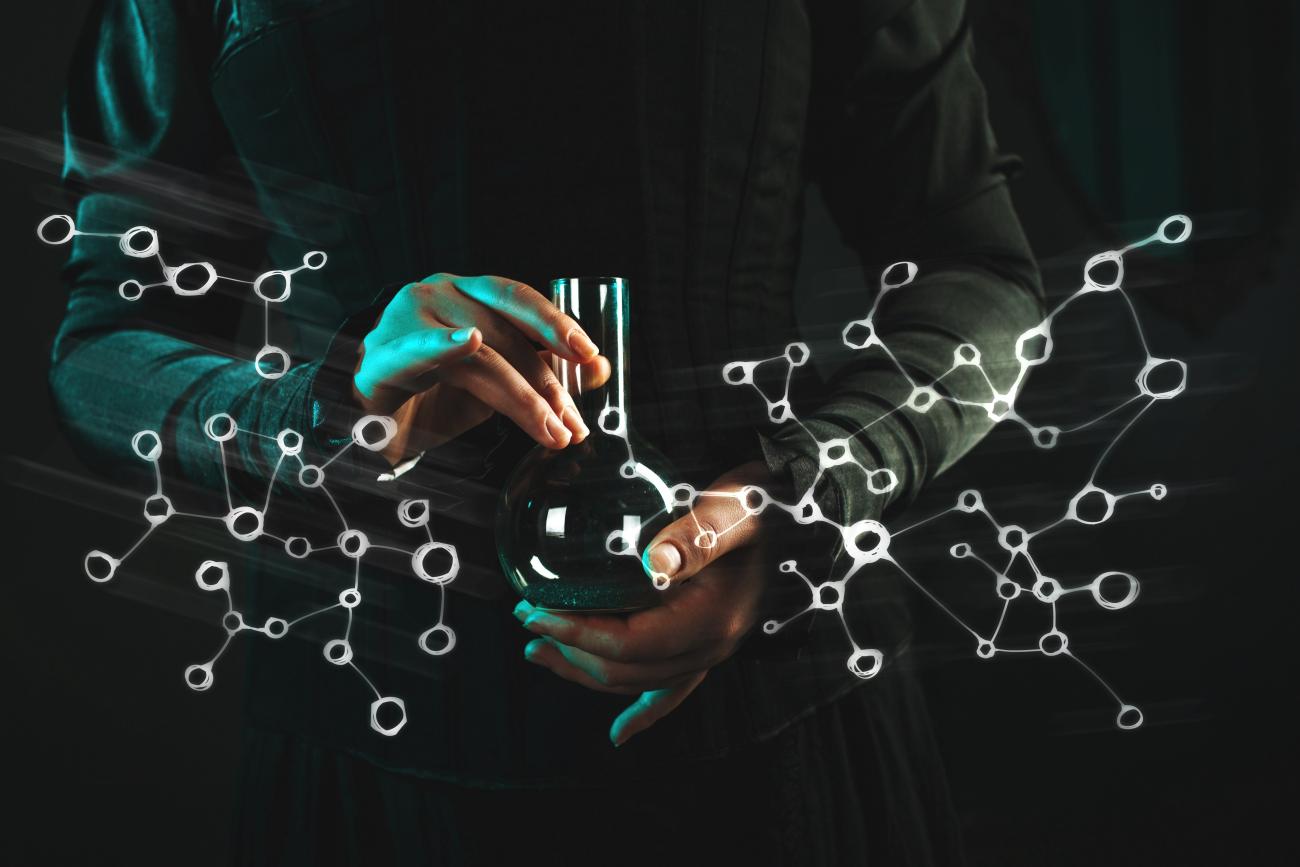
From Around the O—An upcoming symposium organized by the Department of History, with many co-sponsors from across the University of Oregon, will highlight the role of women in science for the past 600 years. It is one of the events marking the 50th anniversary of the UO’s Center for the Study of Women in Society.
The History of Women in Science Symposium is from 8:30 a.m. to 5:15 p.m. Monday, Nov. 13, at the Browsing Room in the Knight Library. The event features seven speakers who will speak on various topics, from insect collecting in the early 1700s to changing how women are represented in the history of science.
“[This event] is so interdisciplinary, so there are so many different people involved,” said Vera Keller, Department of History professor and department head. “It connects very closely to social justice and [also] connects these historical perspectives to what we’re doing on our campus right now.”
Each speaker will discuss a topic in a specific century from the 16th century to the present. To begin the symposium, Professor Alisha Rankin of Tufts University is discussing female alchemists in the 1500s. After that, the audience will learn about insect collection, obstetrical training, significant female scientists from the past and more.
“Sometimes when we think of gender, we think we’re automatically talking about women,” Keller said. “Of course, there are all sorts of different gender identities, and so I just want to acknowledge that this isn’t just gender and science. This is specifically people who identify as women in science within this broad range of identities.”
The event features speakers from around the US. Speakers include faculty members from the University of Iowa to Boston College, as well as UO’s own Michele Pflug, a history PhD student. It also includes students from the Alliance for Diversity in Science and Engineering (ADSE), who will offer wrap-up comments after some of the presentations. In her second speaking engagement of the day, one of the symposium speakers, Elizabeth Yale, will also separately address the first-year students in the academic residential community (ARC) of Women in Science and Math.
“I’m hoping people get the idea that science is made by society and is produced out of it,” Keller said. “It’s really important to understand the way that it intersects with all sorts of different topics, such as gender.”
In addition to presentations from academic experts, Tykeson Dean of Arts and Sciences Chris Poulsen will open the symposium. The symposium features a tour of some of the University’s Special Collections, led by Keller. It will highlight many women scientists in UO’s history as well as older material dating to the fifteenth century.
The second half of the conference features the keynote speaker, Portland State University Professor Lisa Weasel, who will be introduced by CAS Associate Dean for Diversity, Equity, and Inclusion Nadia Singh, who’s also a biology professor [and CSWS Advisory Board Member—ed. note].
“I’m a woman in STEM, so it’s an issue that’s really close to my heart,” Singh said, referring to the female scientists in history whose work went unacknowledged. “There is an extended history of women being overlooked in their contributions, so I think educating people about some of these overlooked figures is a really exciting opportunity.”
Following the keynote, a concluding roundtable, led by Alex Cohen, a professor of environmental and science communication, will close out the day by relating historical perspectives on science and social justice to the present.
“Part of this vision is to open conversations across disciplines,” Keller said. “It’s important to create these spaces where people are meeting each other and talking and sharing ideas and having their minds blown by viewing things from a different perspective.”
— By Codi Farmer, College of Arts and Sciences

